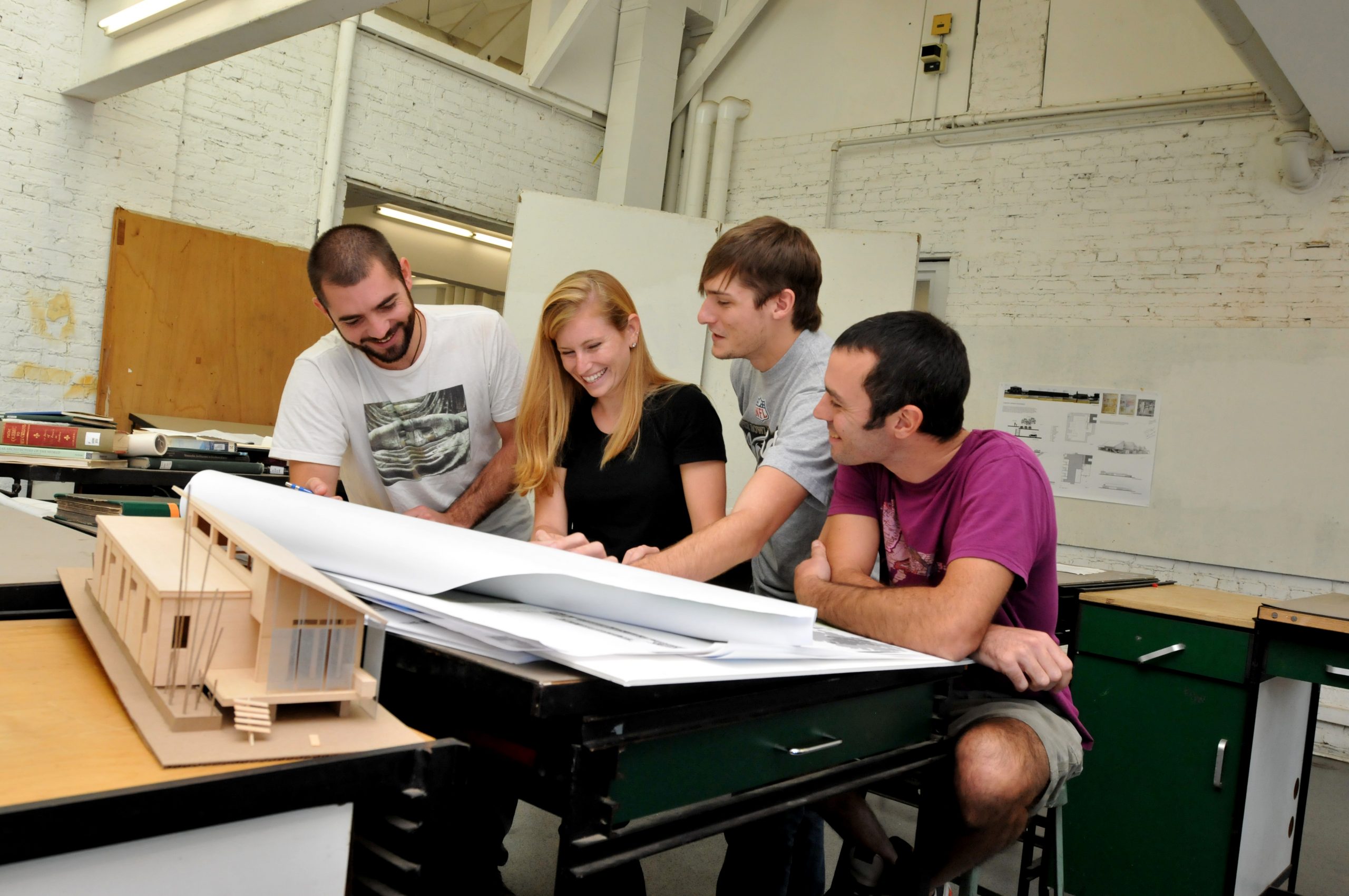From time to time we drill into representative design guidelines and specifications for facility classes that are present on educational campuses; including projects involving the spaces between buildings — i.e. water, pathway, power and telecommunication infrastructure.
We place particular emphasis on the “General Conditions” of these guidelines and specifications because up to 20 percent of a construction project may involve the cost of general conditions; depending upon how many disciplines are involved.
We find excesses in the General Conditions that tend to inflate contingency requirements but also shortcomings that design professionals, construction project managers and building service engineers* should know about. Facility development units will likely want to tweak design and construction documents to harmonize with the latest changes in the codes and standards that govern the safety and sustainability agenda of the education facility industry.
Tulane University School of Architecture
Building services engineers are responsible for the design, installation, operation and monitoring of the technical services in buildings (including mechanical, electrical and public health systems, also known as MEP or HVAC), in order to ensure the safe, comfortable and environmentally friendly operation.
Building services engineers work closely with other construction professionals such as architects, structural engineers and quantity surveyors.
Building services engineers influence the architectural design of building, in particular facades, in relation to energy efficiency and indoor environment, and can integrate local energy production (e.g. façade-integrated photovoltaics) or community-scale energy facilities (e.g. district heating). Building services engineers therefore play an important role in the design and operation of energy-efficient buildings (including green buildings, passive houses and zero energy buildings. uses. With buildings accounting for about a third of all carbon emissions] and over a half of the global electricity demand, building services engineers play an important role in the move to a low-carbon society; a prevailing sentiment among many educational settlements.
Update: 29 November 2024









